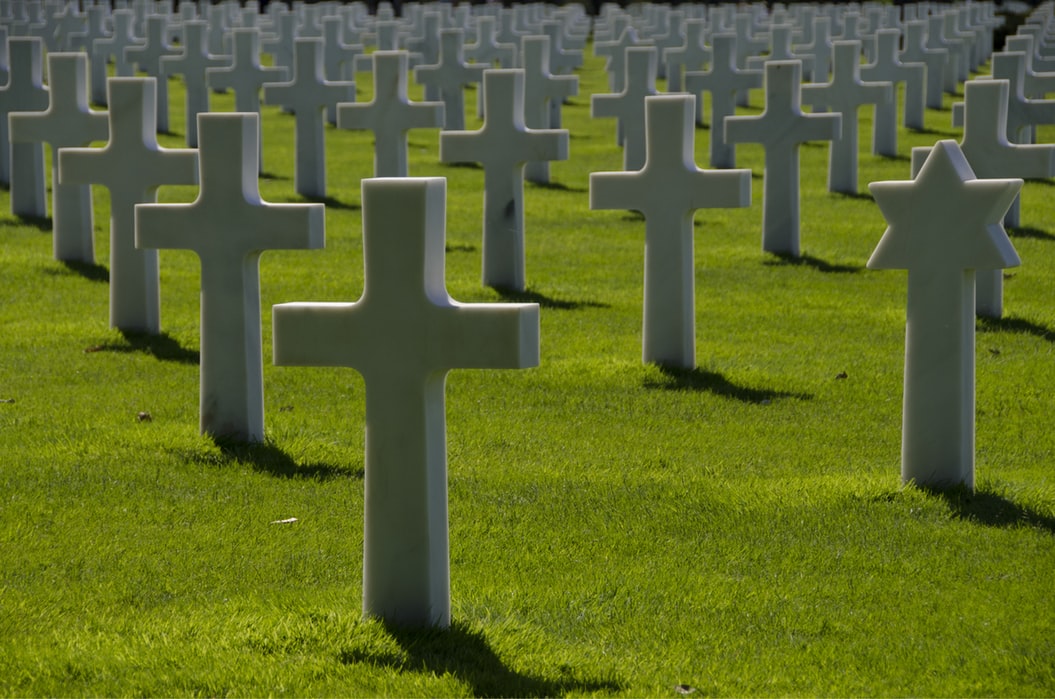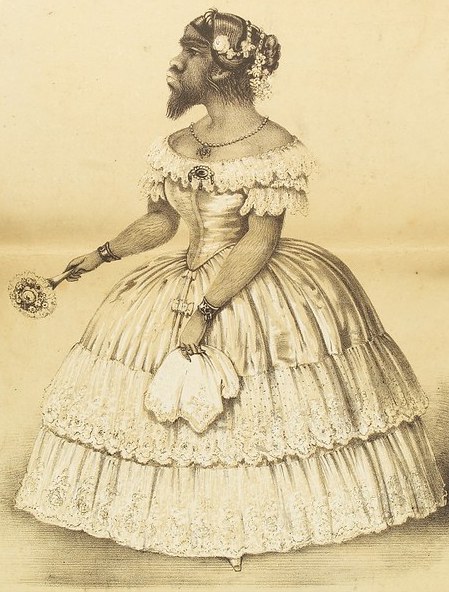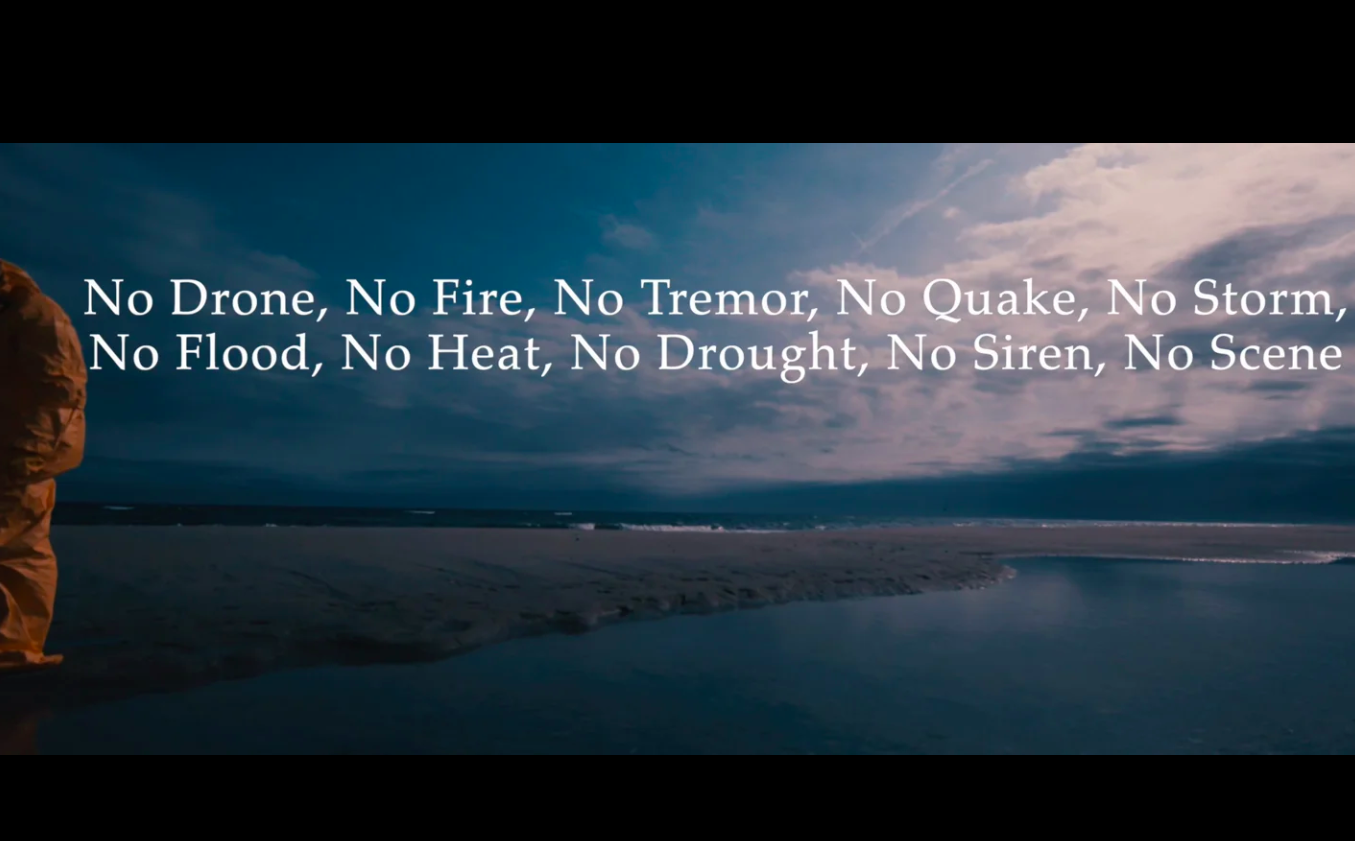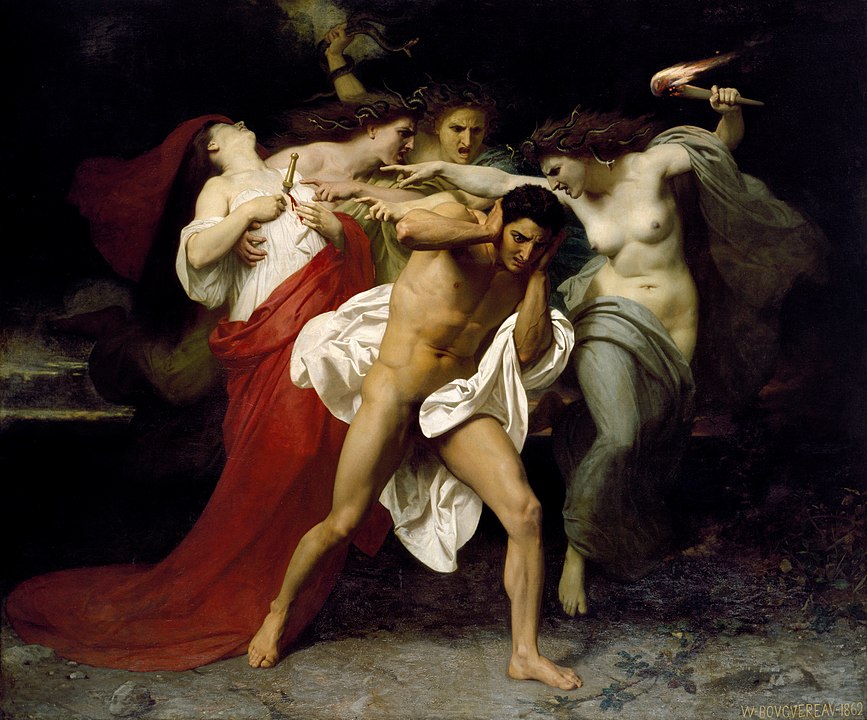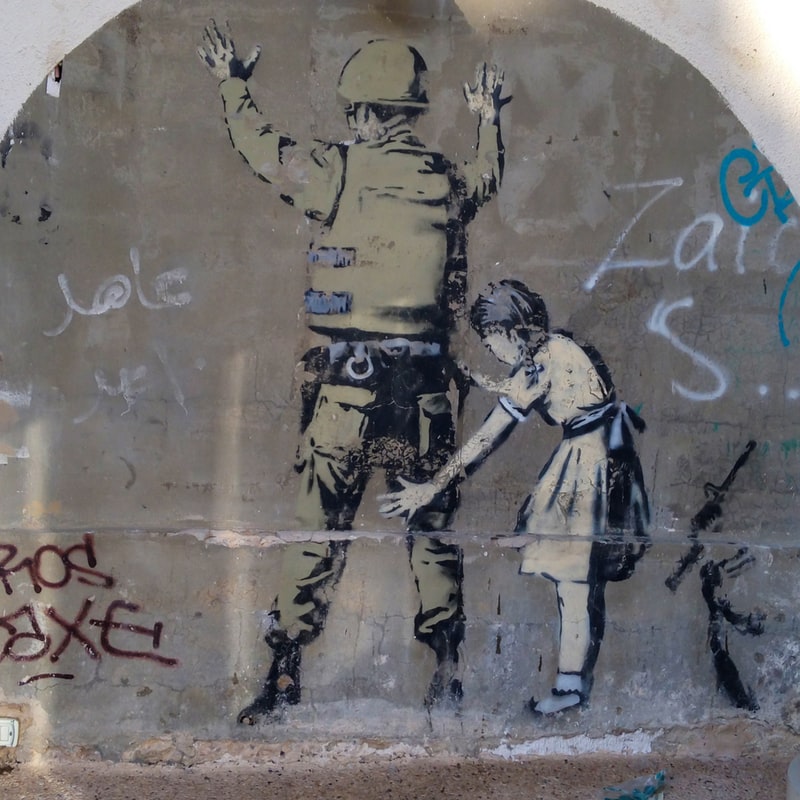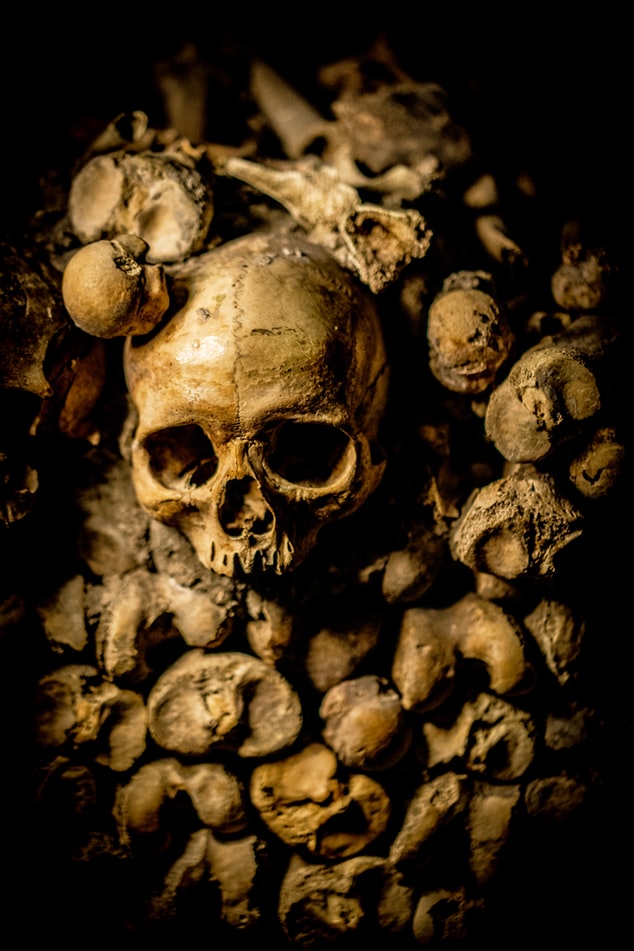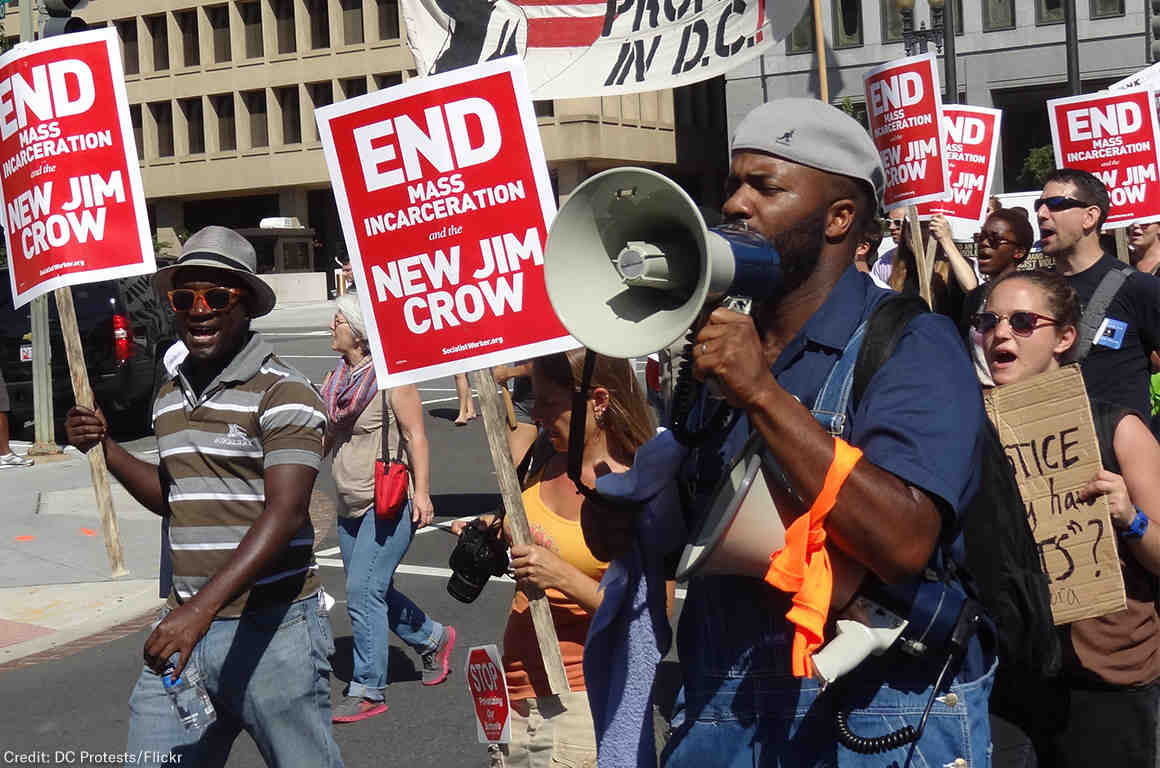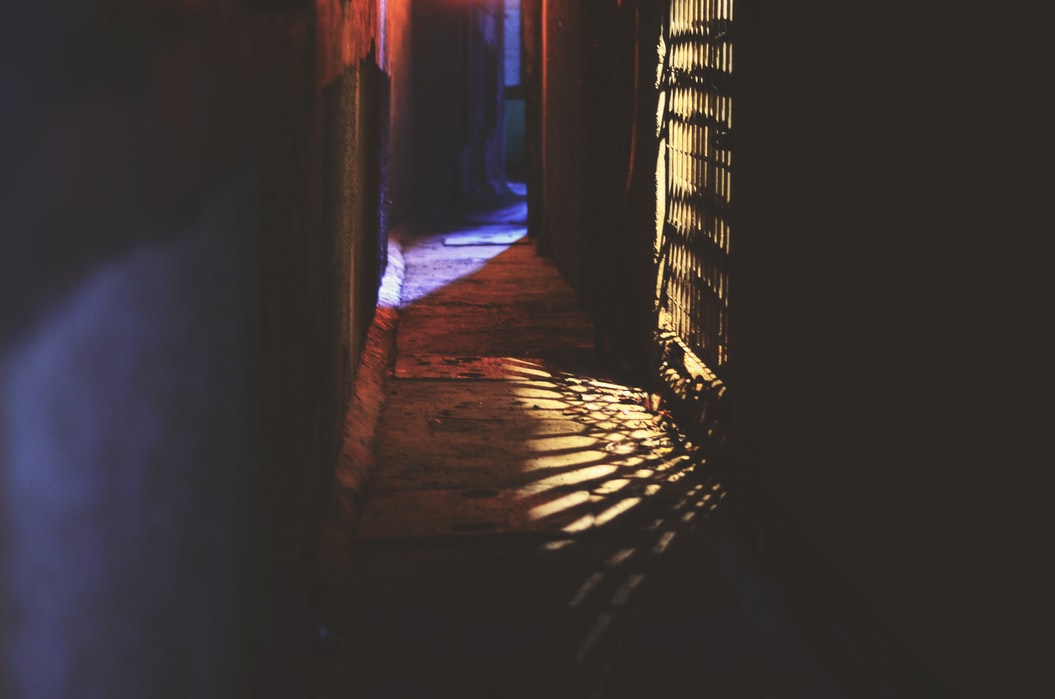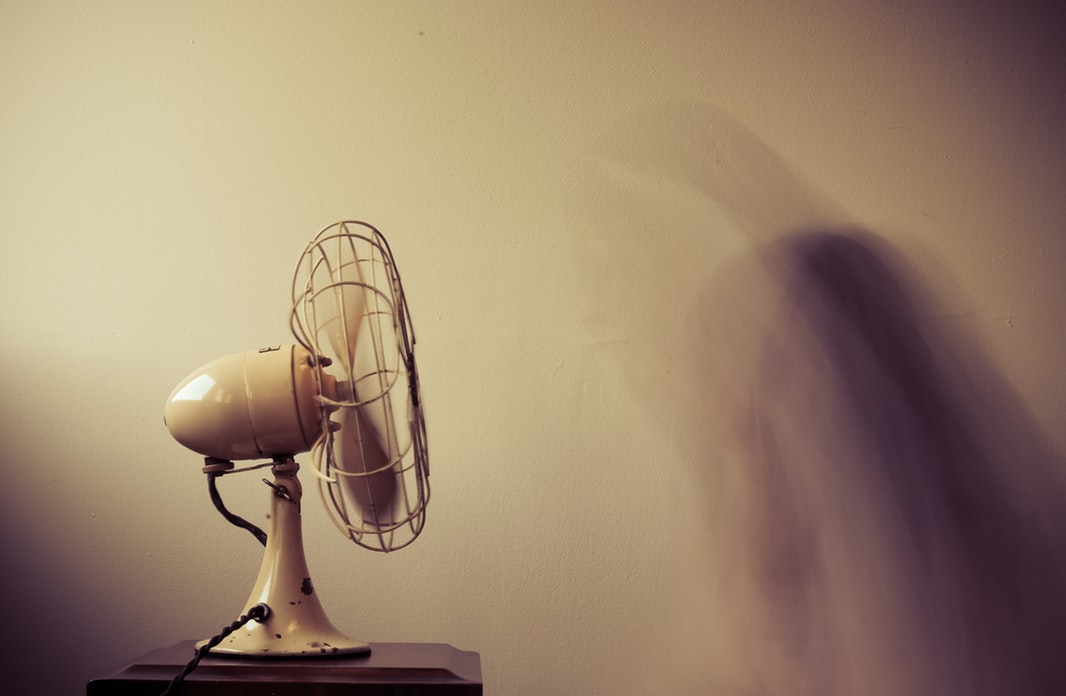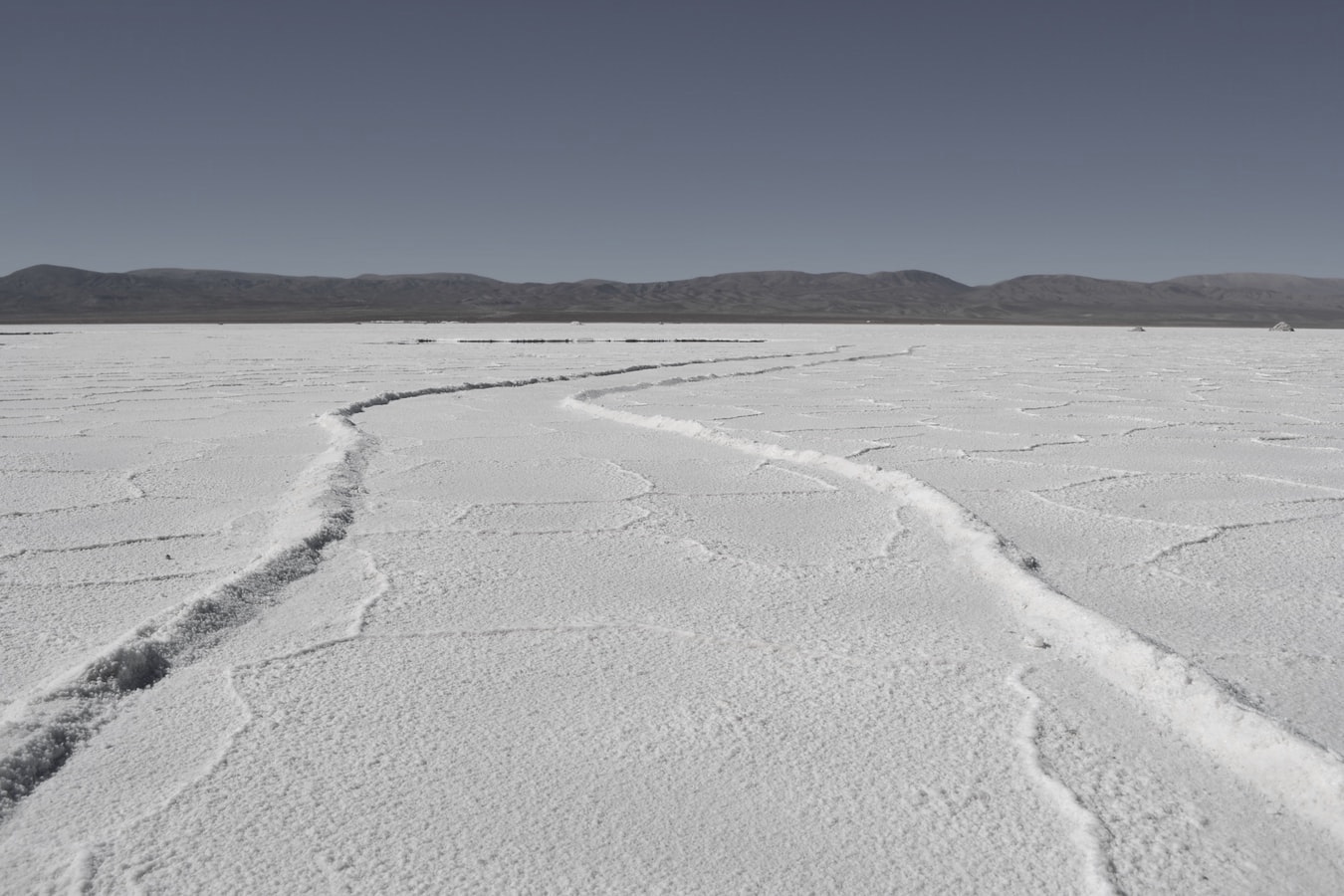Brigade
By Alia Hussain Vancrown
fireflies talk to each other
with light
in some firefly species
only one sex lights up
(but let’s not make that
everything)
in most species
both sexes glow
fireflies produce cold light
two chemicals
are in a firefly’s tail:
luciferase and luciferin
and here the story begins
the root of the lightbringer
Lucifer, commanding men
all over the world
to blackout living things
especially women
a firefly finds its way
inside Dar-ul-Islah
lands on the green curtain
drawn horizontally across
the entire mosque
to separate the pious men
from the pious women
(but let’s not forget
if we were pious
there’d be no need
for forced separation)
from this distance
you can’t tell
the sex of the firefly
I imagine the human brain
emits its own cold light
eating itself
light eating light
in the darkness
when you look at a living thing
you don’t consider binaries
you imitate its light and flash
the dark little by little
the two of you lighthouses
signaling the lost safely ashore
the two of you
tunnel and train
the two of you
astonishment
these are not acceptable
philosophies of the sermon
or the sermonizer
surahs in baritone
imagine Arabic in soprano
it would be a song
it would be Jannat under our mothers’ feet
I could have sworn
the firefly on the green curtain
wouldn’t choose a side
yet there it flits and lifts
well beyond the dome
of the mosque
I could have sworn
the acorns scattered along
the cracks in the stone path
didn’t ask to be crushed
by devout children, their light
made up for them
the dusky husks
of cicadas on leaves
a tinny orchestra of autumn
yet here we are
the world’s music a cacophony
of destruction and softness
in equal parts
but destruction ever louder
would a male god allow
something goddamn else
a male god who gave some of his animals
the ability to create their own light
as a means of survival
I’m telling you if I sit in the back
behind men any longer
sectioned off as sin
the darkness will extinguish me
and I’m not saying
I should have been born a boy
or that I identify as anything other
than a woman warrior
(though why is it so wrong
to be a scattering)
but I’m telling you if I sit
behind these men making
all of the decisions
for every one of us
fireflies are going to charge
out of my mouth
light will cannibalize light
they don’t live long
let this be a warning
Alia Hussain Vancrown has published in journals and magazines in print and online. Her poetry has twice been nominated for the Pushcart Prize. She was selected to participate in Winter Tangerine’s 2018 workshop, Singing Songs Crooning Comets, featuring seminars by Kaveh Akbar and Aricka Foreman. Alia works at the Library of Congress in the Law Division. She currently resides in Maryland. For more, please visit www.aliahussainvancrown.com and Instagram @aliagoestothelibrary.
Photo credit: slgckgc via a Creative Commons license.




